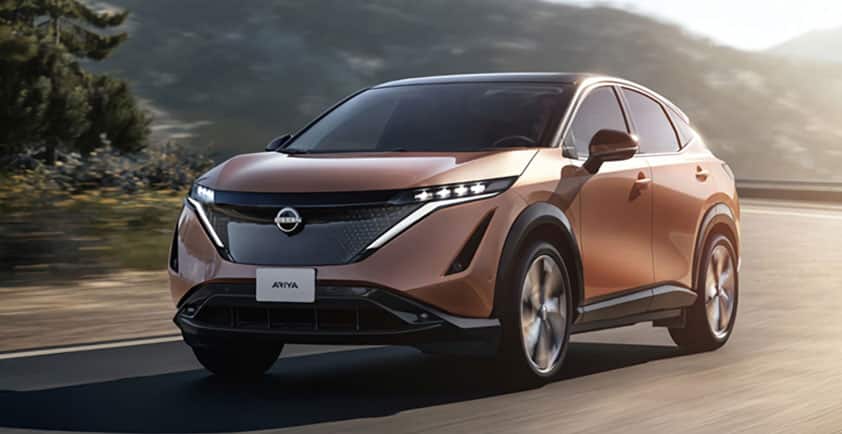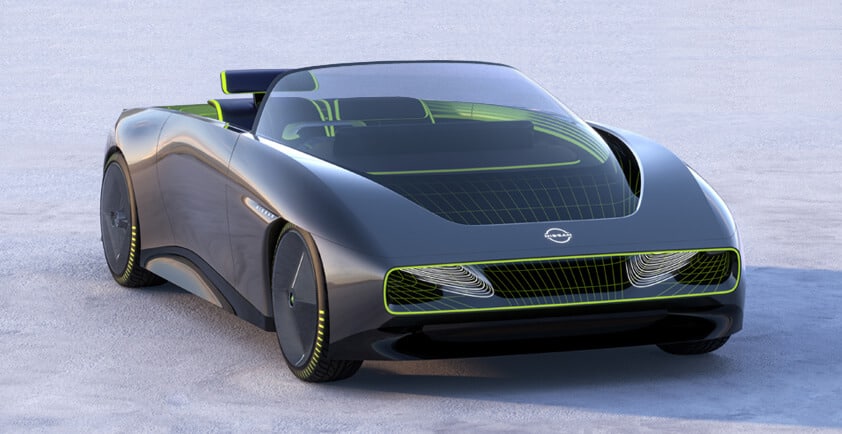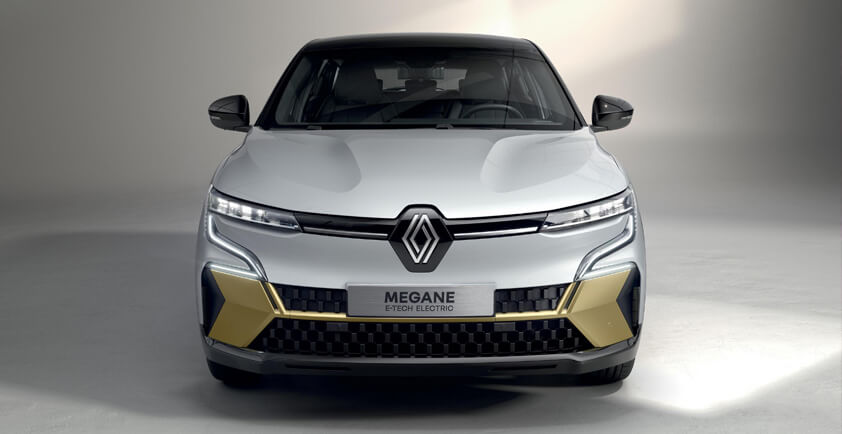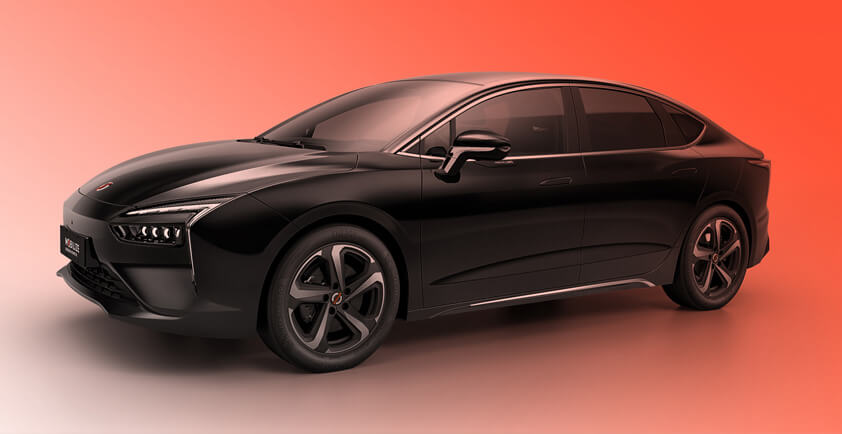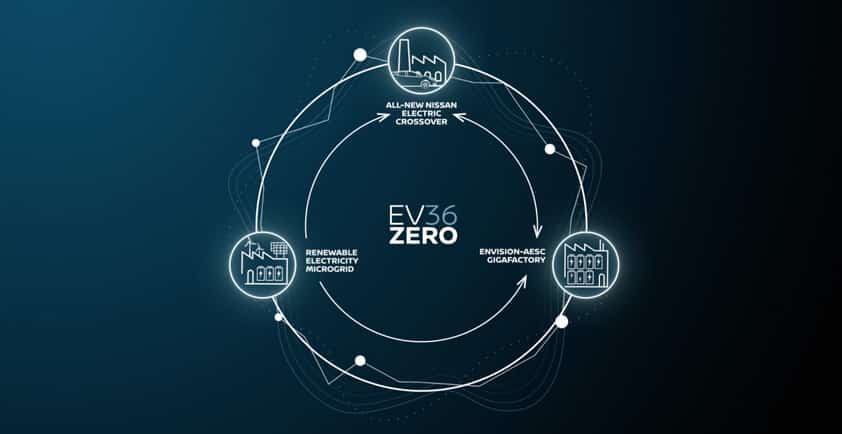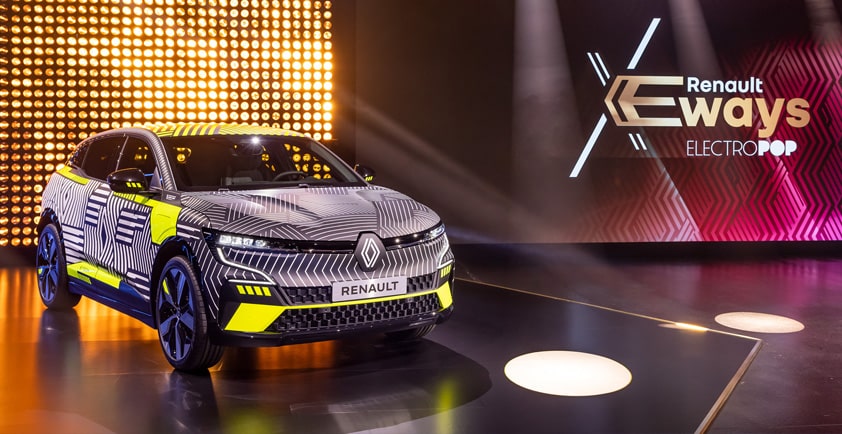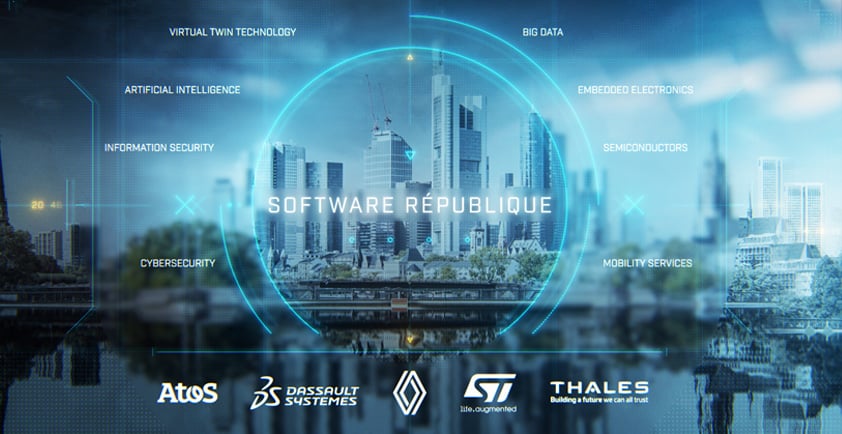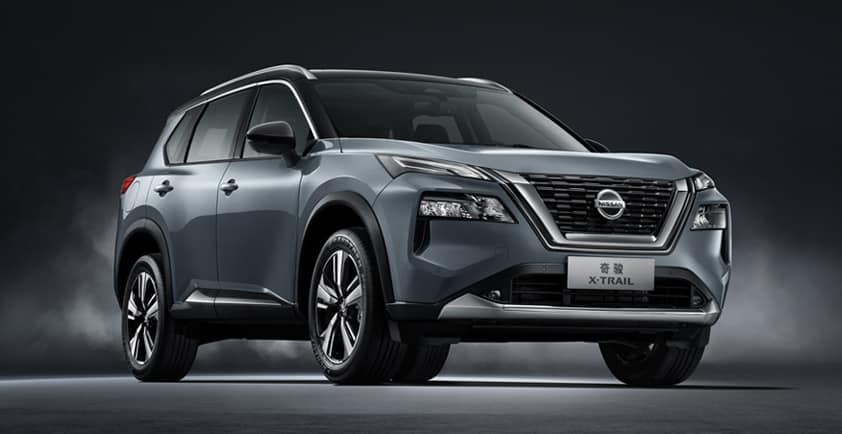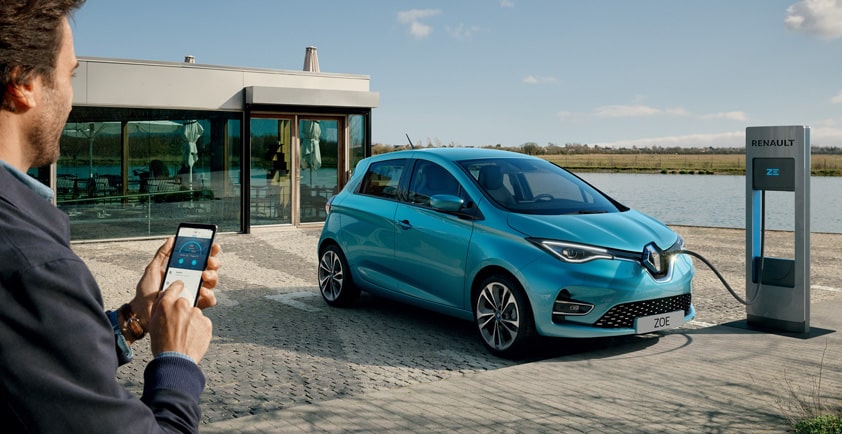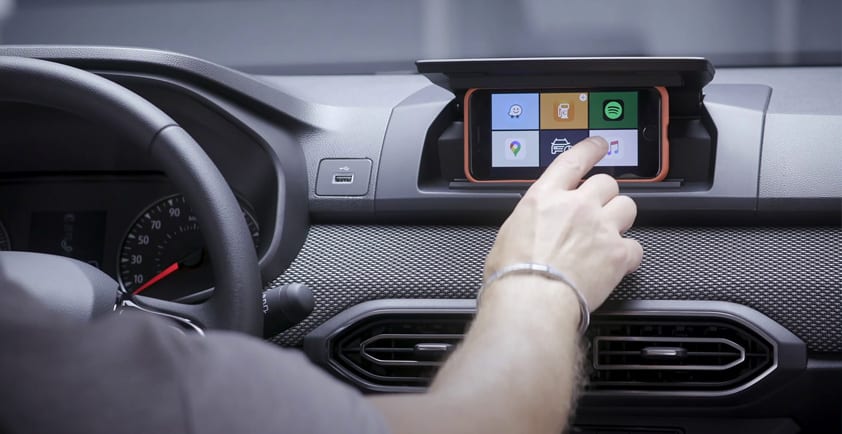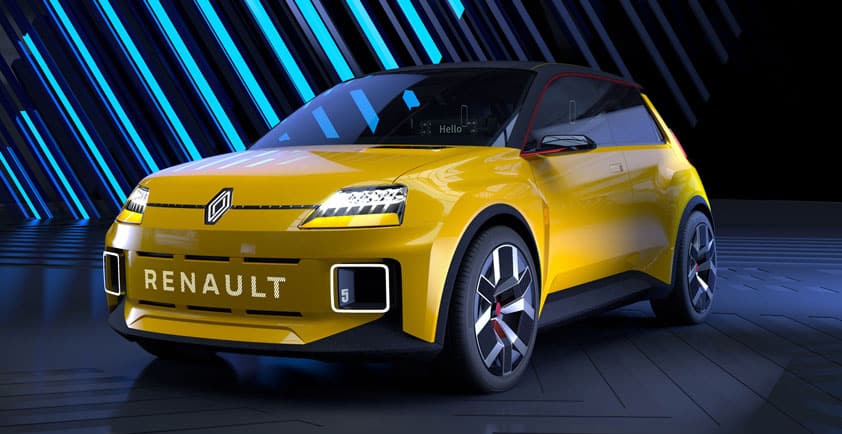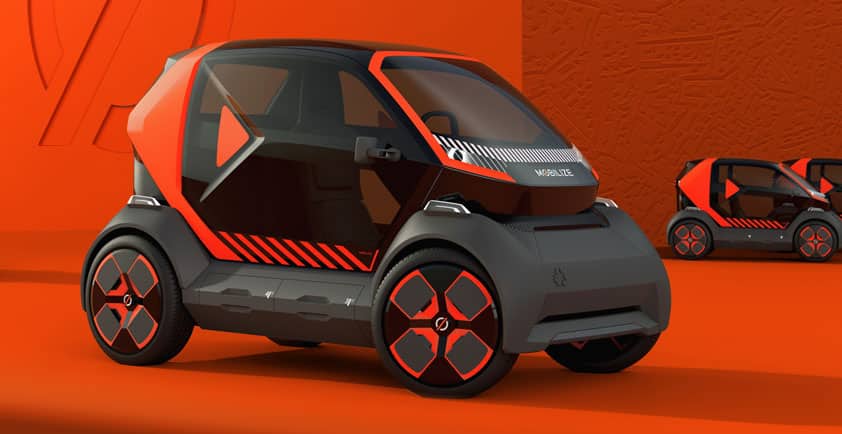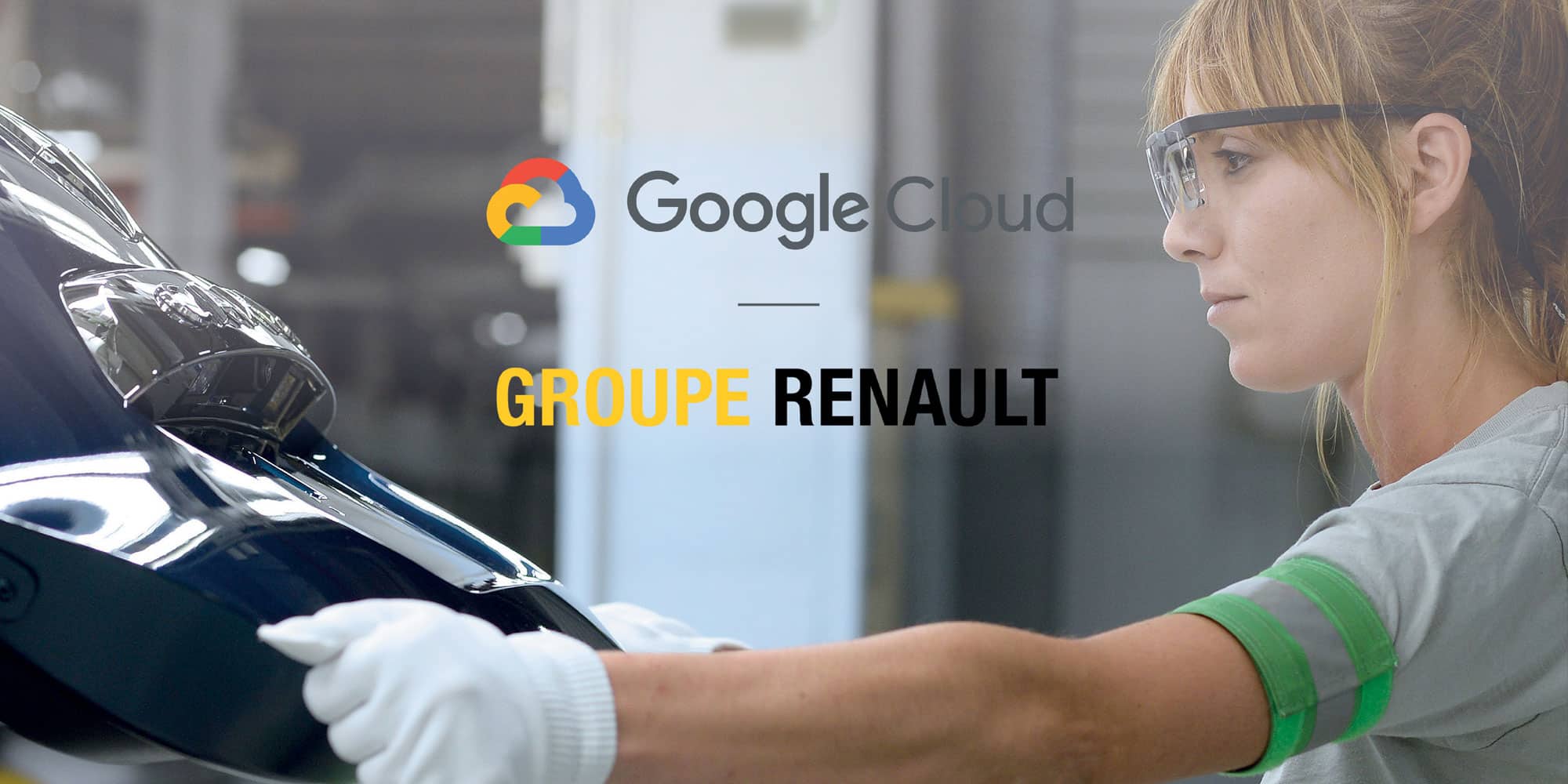
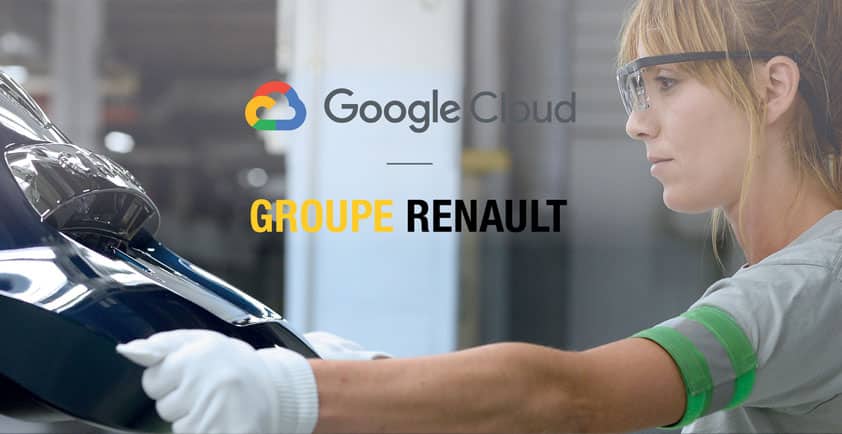
GROUPE RENAULT AND GOOGLE CLOUD PARTNER TO ACCELERATE INDUSTRY 4.0
>> Groupe Renault teams up with Google Cloud to accelerate the digitization of their production facilities and supply chain
>> This collaboration brings Google Cloud’s strength in machine learning and artificial intelligence together with Renault’s expertise in automotive manufacturing to create new industrial solutions
>> The two companies also intend to start a program to grow Groupe Renault employees’ digital skills and competencies
Paris, France, and Sunnyvale, CA – Groupe Renault and Google Cloud today announced a new industrial and technology partnership to accelerate the digitization of Groupe Renault’s industrial system and of Industry 4.0 transformation.
Digitize manufacturing plants and develop industry solutions
A recognized contributor to Industry 4.0, Groupe Renault has been developing its own digital platform since 2016 to connect and aggregate industrial data from 22 Group sites worldwide (representing 76% of vehicle production) and more than 2,500 machines. This new partnership with Google Cloud aims, among other things, at optimizing Groupe Renault's wholly-owned and independently operated industrial data management platform.
Google Cloud’s solutions and experience in smart analytics, machine learning (ML) and artificial intelligence (AI) will enable Groupe Renault to improve its supply chain and manufacturing efficiency, its production quality, and the reduction in environmental impact through energy savings.
These improvements will ultimately foster the development of new vertical solutions for the automotive industry.
Develop digital skills
Employee training is also an essential part of this new partnership. Groupe Renault and Google Cloud plan to build a unique and scalable program to enhance Renault process engineering, manufacturing and IT teams’ skills via coworking, training and enablement sessions with the Google team. This program’s objective is to enhance a data-driven culture that is an essential part of Renault employees’ daily professional lives, in operational as much as in decision-making processes.
"This collaboration is a perfect illustration of Groupe Renault’ digital strategy, applied here to the industrial field. This agreement and the commitment of our IT, manufacturing and supply chain management teams will allow us to accelerate the deployment of our Industry 4.0 plan designed to transform and connect our production sites and logistics processes around the world to improve our standards of excellence and performance. This partnership is also an asset for Groupe Renault employees who will benefit from high-level training in digital data management. underlines José Vicente de los Mozos, Director of Manufacturing and Logistics, member of Groupe Renault’s Executive Committee."
"The automotive industry has innovation in its DNA, and there is immense potential for digital technology to have a significant impact on production. We are proud to be partnering with Groupe Renault to help revolutionize the future of automotive manufacturing and power the next generation of supply chain excellence. added Thomas Kurian, CEO of Google Cloud."


UBER ALLIES WITH RENAULT AND NISSAN TO ELECTRIFY JOURNEYS IN EUROPE
>> Renault, Nissan and Uber to explore partnership in strategic European countries
>> Companies aim to work together to increase adoption of electric vehicles and expansion of infrastructure
Boulogne-Billancourt – Renault and Nissan, within their Alliance, have signed a Memorandum of Understanding (MoU) with Uber with the aim of electrifying its customers’ journeys in Europe. The companies will now explore a strong partnership to provide partner drivers on the Uber App with affordable electric vehicles in European markets, notably in the United Kingdom, France, the Netherlands and Portugal. It follows a successful pilot between Nissan and Uber in the UK.
The MoU between the companies was announced today as part of Uber’s announcement to become a zero-emission mobility platform. By 2025, 50% of kilometers driven on Uber’s platform in aggregate across seven European capitals (Amsterdam, Berlin, Brussels, Lisbon, London, Madrid and Paris) will be in electric vehicles. This will mean that riders will be able to select a zero-emission vehicle in cities representing 80 percent of Uber European business by the end of 2021.
Under the MoU, the companies will now explore how working together can accelerate the adoption of electric vehicles and the electric ecosystem in European cities, including efforts to:
> Offer partner drivers on the Uber App access to Renault and Nissan electric vehicles: Renault ZOE and Nissan Leaf and future new EVs from both companies.
> Extend the United Kingdom pilot into France by the end of 2020, with a view to scaling the program to the Netherlands, Portugal, and other markets.
> Launch joint marketing and education plans to promote the electric vehicle offers and benefits to Uber’s partner drivers and offer test drives to allow them to experience the cars.
“This MoU with Uber is an acknowledgement of our ability to conquest new markets and to support professionals in their energy transition. Today, we capitalize on our competitive advantage: an attractive EV-offer that contributes to large scale electric mobility roll-out. We have worked closely with local authorities over the past years to propose solutions to the growing challenges facing cities: transportation, decarbonization and air quality. With the signature of this MoU we aim to join our forces to accelerate the movement", said Gilles Normand, SVP, Electric Vehicles & Mobility Services, Groupe Renault.
Jordi Vila, Divisional Vice President for Sales and Marketing at Nissan Europe, added: “From 10 years of experience with the Nissan LEAF, we know people love driving electric, and that making the switch can help drivers to save money and support the clean air ambitions of our major cities. By teaming up with Uber in the UK, we have already been able to increase the awareness and adoption of zero-emission vehicles, and we are looking forward to exploring how to roll that out further in Europe.”
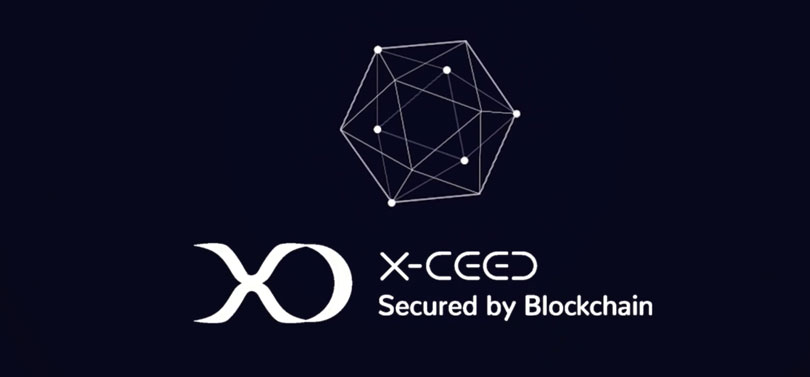
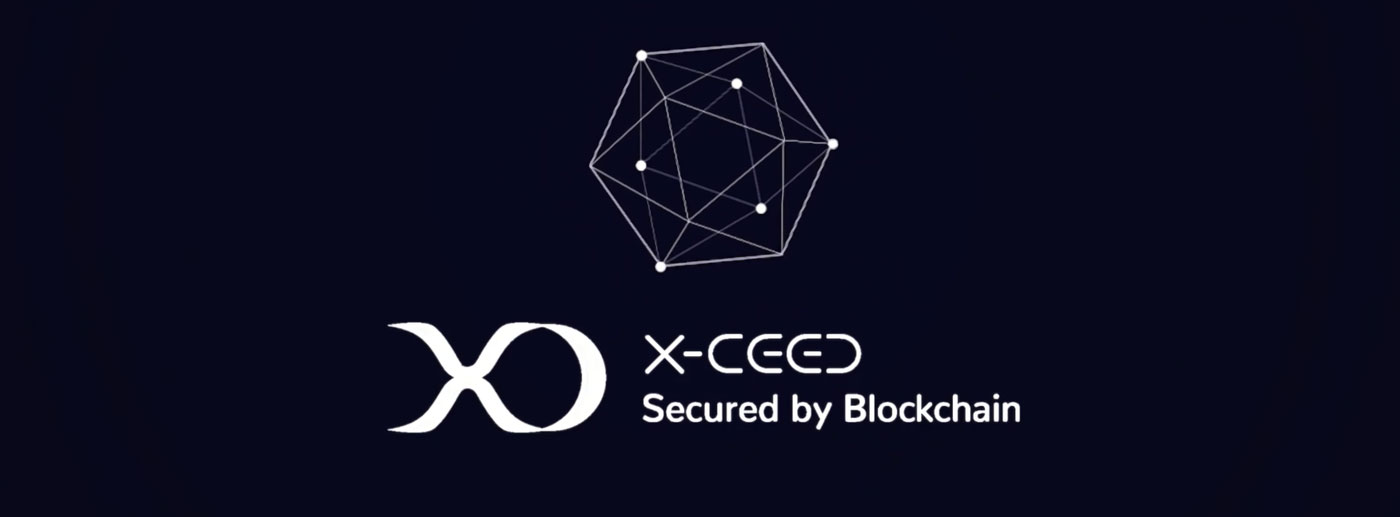
GROUPE RENAULT TESTED A BLOCKCHAIN PROJECT TO GO FURTHER IN THE CERTIFICATION OF VEHICLE COMPLIANCE
>> XCEED is a digital project resulting from Groupe Renault’s collaboration with major players in the automotive industry.
>> A full-scale trial was carried out with several equipment manufacturers at Renault’s Douai plant.
Boulogne-Billancourt – Groupe Renault has developed the XCEED (eXtended Compliance End-to-End Distributed) blockchain project to certify the compliance of all vehicle components, from design to production.
A tool to meet the growing demand for transparency
Designed and implemented in collaboration with leading automotive industry players, this tool enables greater responsiveness and efficiency at a time of ever-greater regulatory stringency. New market surveillance regulations came into force since September 1st, introducing enhanced regulatory controls for vehicles already on the market. The entire production chain thus has to adjust its structure to repond to the regulatory authorities within shorter timeframes.
Based on “Hyperledger Fabric” blockchain technology and deployed in collaboration with IBM, the XCEED project is designed to track and certify the regulatory compliance of vehicle components and sub-components.
A collaborative project with benefits for the wider automotive industry
Blockchain technology makes it possible for information to be shared and tracked by several actors, underpinning competitiveness and operational excellence in the automotive industry. It speeds up the information-sharing process, with data available in real time, and delivers greater efficiency in a network that is distributed rather than centralised.
With XCEED, blockchain is used to create a trusted network for sharing compliance information between parts manufacturers and vehicle manufacturers. The decentralised nature of blockchain technology means each party maintains data control and confidentiality, without compromising its integrity, while simultaneously increasing security and confidentiality.
The security and confidentiality features offered by blockchain prompted the automotive industry to come together for this pioneering initiative.
Launched in 2019, XCEED is the result of collaborative work between automotive industry partners (Continental, Faurecia, Plastic Omnium and Saint-Gobain), the fruit of collective intelligence and an adaptive agile methodology that marked an unprecedented multi-company approach to data-sharing and project management.
Testing at Renault’s Douai plant was used to consolidate the value and performance that blockchain technology delivers for the automotive industry, with over one million documents archived and a speed of 500 transactions per second.
The XCEED project we initiated is a powerful illustration of Groupe Renault’s capacity to innovate. We are convinced that blockchain is a vector for transforming the automotive industry,” says Odile Panciatici, Blockchain Vice President, Groupe Renault. “Blockchain technology really comes into its own in a vast ecosystem involving a number of different companies, providing a link between the partners’ various processes, computer systems and databases. There are multiple uses for this type of technology in the automotive industry, where we have exchanges with countless actors from outside the company, such as suppliers, clients and independent distributors.
